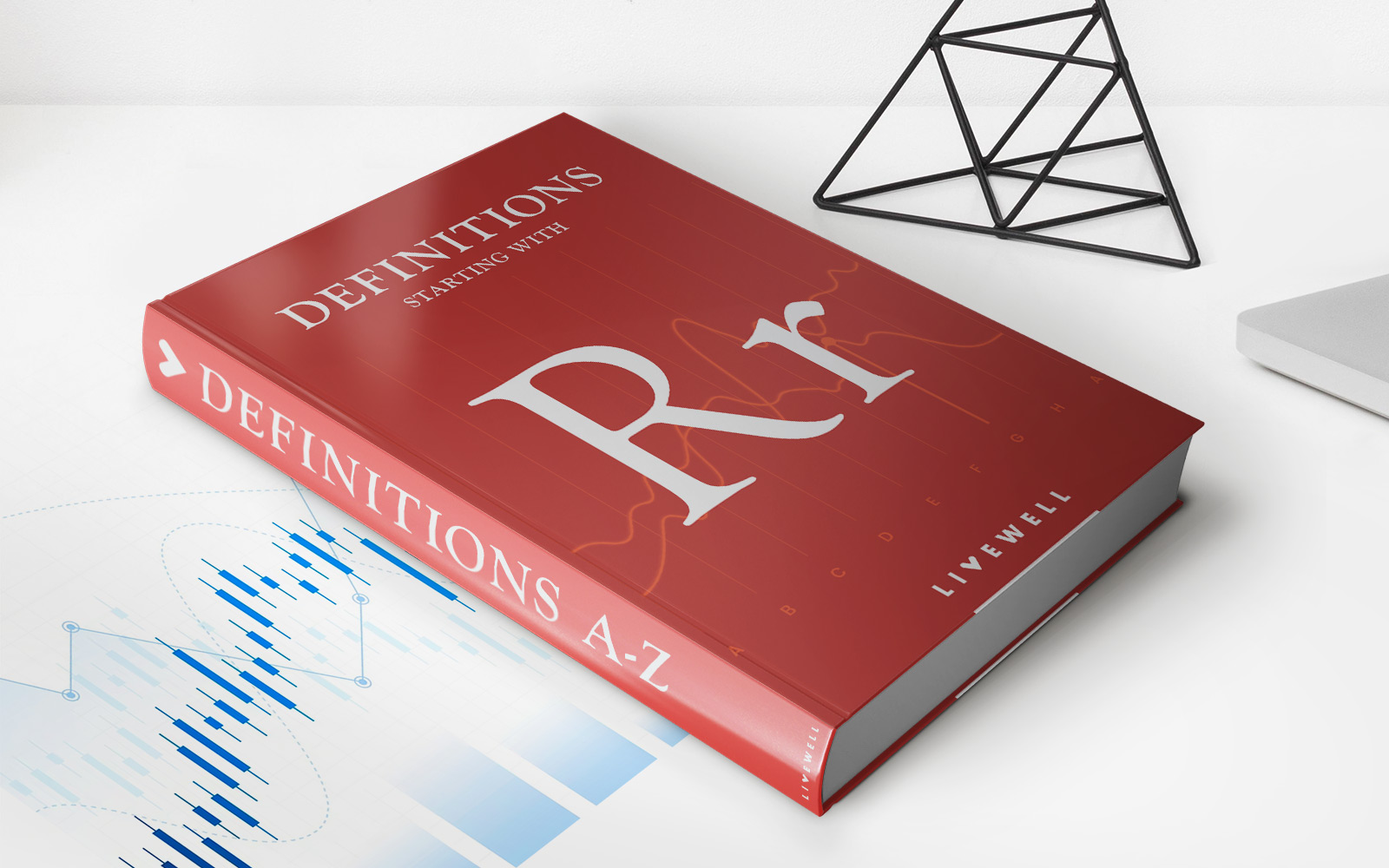

Finance
Spot Reinsurance Definition
Published: February 1, 2024
Looking for a concise definition of spot reinsurance in the field of finance? Discover what it means and its significance in the industry.
(Many of the links in this article redirect to a specific reviewed product. Your purchase of these products through affiliate links helps to generate commission for LiveWell, at no extra cost. Learn more)
Understanding Spot Reinsurance Definition:
Gaining a comprehensive understanding of different financial terms is vital in navigating the complex world of finance. Among these terms is “spot reinsurance,” which plays a significant role in the insurance industry. In this blog post, we will explore the spot reinsurance definition, its importance, and its relevance in the finance sector.
Key Takeaways:
- Spot reinsurance is an agreement between an insurance company and a reinsurer to cover specific risks on a short-term basis.
- This type of reinsurance allows insurers to transfer specific risks to reinsurers for a limited period of time.
Spot reinsurance is a term used to describe an agreement between an insurance company and a reinsurer to transfer specific risks for a short period. Insurance companies often purchase reinsurance to protect themselves from large and unexpected claims. By doing so, they can ensure stability and manage their risk exposure effectively.
One aspect that sets spot reinsurance apart from other types of reinsurance is its short-term nature. Unlike traditional reinsurance contracts that may span over multiple years, spot reinsurance deals with immediate or near-immediate coverage. This flexibility allows insurers to adapt to changes in their risk profile and address specific risk concerns as they arise.
Spot reinsurance provides several important benefits to insurance companies:
- Risk Mitigation: By transferring specific risks to reinsurers, insurance companies can mitigate their exposure to potentially high-cost claims.
- Capital Management: Spot reinsurance enables insurers to free up their capital reserves, giving them additional financial flexibility to pursue growth opportunities.
- Improved Security: By relying on the expertise and financial strength of reinsurers, insurance companies can enhance their overall financial security and ensure policyholder protection.
For reinsurers, spot reinsurance opportunities present a chance to diversify their portfolio and earn additional premiums. These short-term agreements allow reinsurers to balance their risk exposure and capitalize on their expertise in managing specific risks.
In conclusion, understanding the spot reinsurance definition is crucial for anyone involved in the insurance or finance industry. By embracing spot reinsurance, insurance companies can effectively manage their risk exposure, ensure policyholder protection, and optimize their capital utilization. Reinsurers, in turn, can leverage spot reinsurance agreements to expand their portfolio and enhance their market position.














